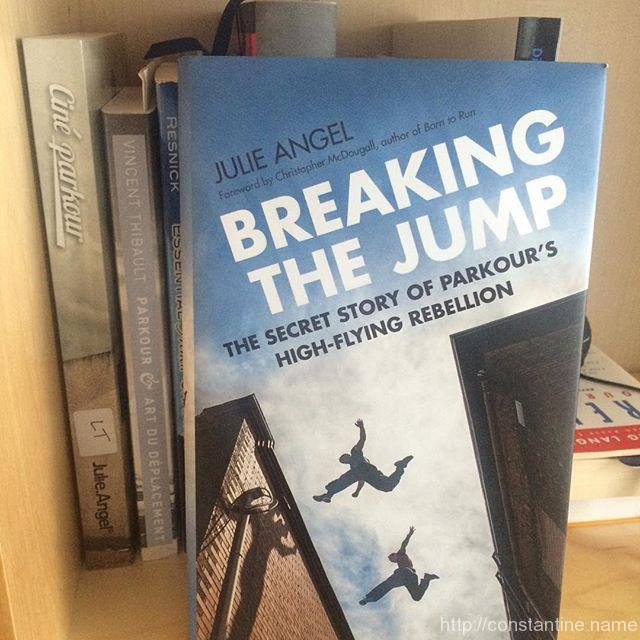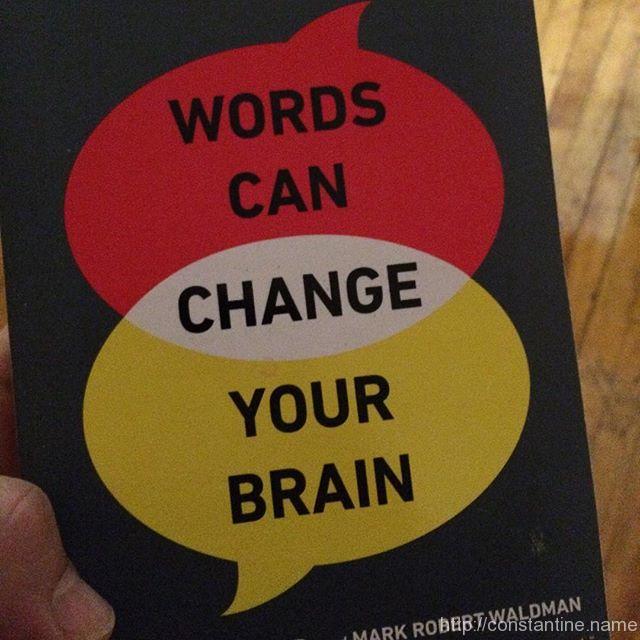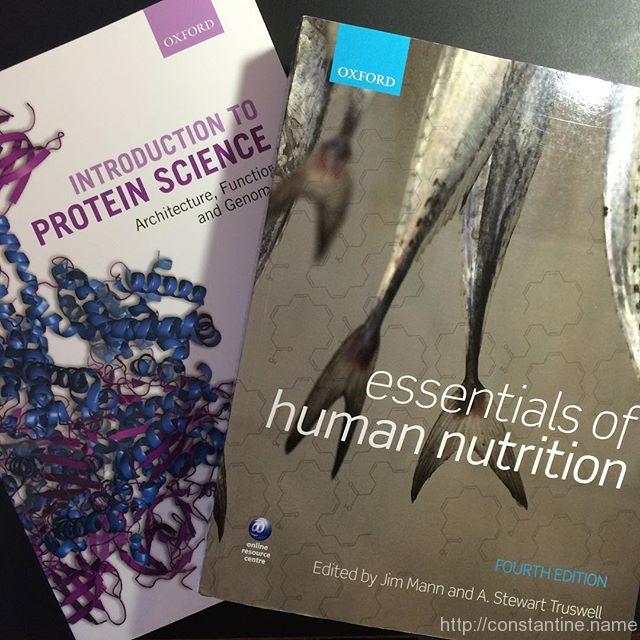[We] spent weeks drafting the core principles that would support our classroom. We scribbled them down, and over the years they have become clearer and more concise:
Defining humanity, both masculinity and femininity based on the strength of your relationships and the contributions you make to society.
Developing relational skills with teammates, parents, siblings, teachers and friends and learning to maintain and sustain strong positive friendships.
Developing empathy toward others so that you can be supportive and understanding.
Practicing good sportsmanship before, during, and after practices, games, and events, and in life.
Defining success in life as being relationally successful and having a cause bigger than yourself.
Acting with integrity in every area of your life
Contributing to society by taking it upon yourself to get invollved in actions and projects that make the world better in some way.
Becoming an advocate of justice and an ally with others by speaking up on behalf of others and against injustice.
Refraining from committing acts of injustice, including bullying, harassment, racism, sexism, homophobia, and other forms of hurtful behavior and not accepting or tolerating this kind of behavior in others.
Refraining from violent behavior and learning how to resolve conflict in a postiive and productive manner.
Developing a coherent narrative by making sense of your life experiences, good, bad, and ugly.
~ Joe Ehrmann, InSideOut Coaching pgs 166-7, https://www.librarything.com/work/11172773
And…
COACHES’ CODE OF CONDUCT
The purpose of our coaching is to help boys become men of empathy and integrity who will lead, be responsible, and change the world for good.
Be mindful never to shame a player, but to correct him in an uplifting way. Affirmation!
Believe in every player. Remember, “In youth is where miracles are made.”
Protect our players. Be big enough to build up, not tear down. Our kids are getting attacked from many places that we don’t often see and of which we are not aware.
Remember our job is to put our players in a position where they can develop to their fullest potential through proper teaching and nurturing.
Each player is part of our family, deserves every chance to succeed, and deserves the utmost respect.
Coaches can disagree in meetings but never in front of our players or anyone else outside our family. Disagreements are saved for private meetings.
Our players are student-athletes and we are teacher-coaches. We hold ourselves accountable as teachers of young men and the lessons they need in order ot navigate masculinity and life.
If you do not know, say so and get approprate information. Don’t bluff our kids! They know the difference.
Remember that parents are our parnters. We strive to work with each family in helping their sons succeed. “Every boy is a son to his mother and father.”
Love your players and the other coaches.
No profanity!
Know the difference between shaming and coaching. No screaming, shaming, swearing, or sarcasm.
Don’t be afraid to apologize! We all make mistakes. When mistakes are made publicly, apologize publicly; when mistakes are made personally, apologize personally.
We are nurturing successful people, not just successful athletes.
Treat all opposing coaches and their taems with the honor true competitors deserve.
Respect all referees, officials, and timekeepers. They are imperfect and trying their best just as we are.
Regardless of our wins and losses, we will be successful if we carry out the above items.
Because I am a role model who has the power, position, and platform to make a positive difference in the lives of my players, I commit to this code of conduct. When failing to live up to our standards I will allow for accountabiity and take responsibility for my actions.
~ Joe Ehrmann, InSideOut Coaching pgs 191-3
These are much bigger than my usual pull-quotes. …both in the sense of word-count and in the sense of potential value if they were more widely known.
Ehrmann is writing in the specific context of sports-coaching boys in primary schooling, but one could easily trim out the parts that are specific to sports and still be left with a very useful set of principles, and a well-thought-out code of conduct. If you coach– no actually, scratch that– If you are a human being, I highly recommend you read this book.
ɕ


